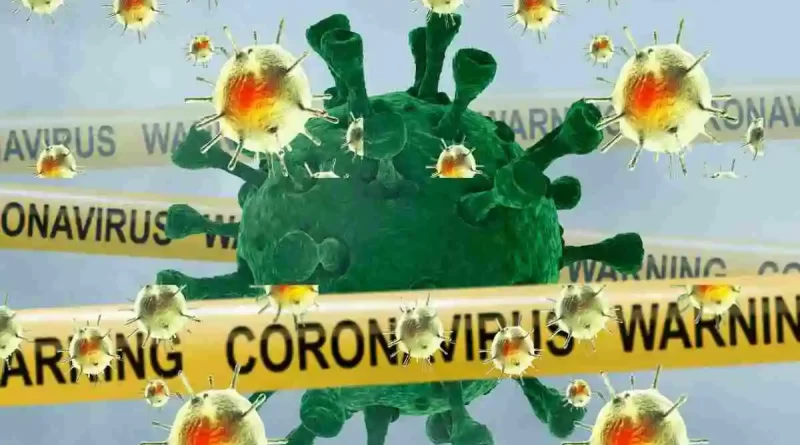Facing Disease X and Preparing for Unseen Threat
Disease X, a speculative ailment with the potential for 20 times higher mortality rates than the COVID-19 pandemic, will take center stage in a panel discussion in Davos, Switzerland, on Wednesday. International leaders will assemble under the World Economic Forum’s “Preparing for Disease X” summit to discuss the possible impending threat.
The World Health Organization (WHO) and a pharmaceutical company called AstraZeneca will be among the panelists who will talk about creative ways to get the healthcare system ready for future challenges.
The WHO mentioned on its website that “Disease X represents the knowledge that a serious international epidemic could be caused by a pathogen currently unknown to cause human disease. The goal is to be prepared as much as possible for an unknown “Disease X.”.
Kerry Bowman, a professor of bioethics and global health at the University of Toronto, elucidated it as, “Disease X is a hypothetical scenario where a very nasty disease, which is more powerful than COVID-19, emerges.”. “It is preparation for a hypothetical situation in terms of how the entire world would respond to a rapidly emerging disease threat.”
Although Bowman acknowledges that planning is an important technique, he is concerned that prevention is not receiving enough attention, especially in the wake of the COVID-19 pandemic. He emphasizes the need to stop animal-borne diseases such as the swine flu, or H1N1 influenza virus, and the potential zoonotic nature of the largest threat to Disease X.
A 2021 study published in the Indian Journal of Medical Research estimates approximately 1.67 million undescribed viruses in mammals and birds, with up to half having the potential to transfer to humans. Factors such as biodiversity loss, changing temperatures, aggressive land use and a growing human population increase the likelihood that these unknown hazards may surface.
A recent example is the novel coronavirus, SARS-CoV-2, which started spreading globally in late 2019, infecting millions and causing numerous deaths. Although the coronavirus’s exact origins are unknown, scientists believe animals are most likely its primary source.
The concept of Disease X was first highlighted by the WHO in its 2018 Blueprint of Priority Diseases, recognizing the need for research and development to address a currently unknown pathogen capable of causing a severe human epidemic.








